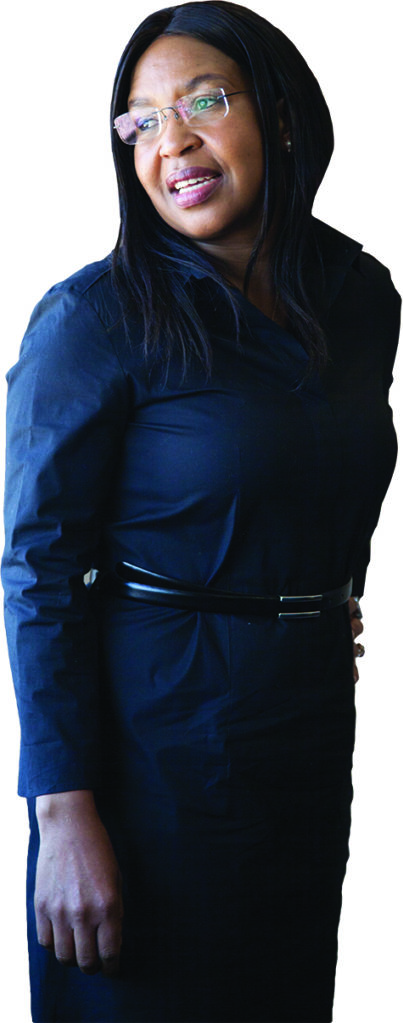South Africa’s economic hub Gauteng is tapping into healthcare and medical tourism with renewed vigor.
With a R34.2 billion ($2.4 billion) budget and three medical training facilities located at universities and tertiary hospitals, Gauteng Health MEC Qedani Mahlangu is promoting health tourism and ensuring the province’s hospitals boast state-of-the-art equipment to attract overseas patients.
Mahlangu is spending her resources on HIV and AIDS awareness and prevention and reviving the health economy with R10 billion ($717 million) set aside for primary healthcare services – clinics, community healthcare centers, district hospitals and community health workers – and R10 billion ($717 million) to tertiary services and central hospitals.
“When we went to the World Cup in 2010, one of the things we said in our bid document, we said we have the best infrastructure for everything including healthcare and treatment, we have healthcare facilities across the board,” says Mahlangu.
With the funds generated from medical tourism redeployed into healthcare facilities, it’s a sound investment for South Africa.
“Medical tourism is important because we have the best trained medical professionals – our nurses are highly sought-after,” she says.
“European and American travelers come in as tourists and then sometimes use our services. We are still affordable and of good quality. The waiting time is longer in many jurisdictions in the world. A lot of people come here to do procedures. We should support and promote it more.”
Promoting country-to-country relationships is part of Gauteng’s plan to market medical tourism. However, the greatest growth in medical travel to South Africa in recent years is from neighboring countries whose public healthcare systems are in a state of crisis.
“Gauteng has a relationship with Katanga Province [in the Democratric Republic of Congo] who pays money to our account at Charlotte Maxeke hospital – almost $500,000 of that is used for treatment. These patients come to us rather than going to Europe,” she says. South Africa’s own public healthcare system is overburdened and under-resourced but it can still deliver quality treatment often unavailable elsewhere on the continent.
“Over the past 10 years, Johannesburg has played host to thousands of visitors seeking health, wellness and medical services – often combined with short holidays either prior to or post their treatments and procedures,” corroborates Laura Vercueil, communication manager at the Johannesburg Tourism Company.
As Gauteng moves towards producing its own healthcare products, Mahlangu is also looking to empower women in the process.
“We’re starting producing on a small scale with products used in hospitals. A number of products used in-theatre are being purchased from women co-operatives. For an economy of our size and located strategically in the African continent, we have to develop the industrial capacity to deliver on these products,” says Mahlangu. Gauteng is on the fast track to becoming a health hub. Hopefully, all of South Africa will soon follow.
